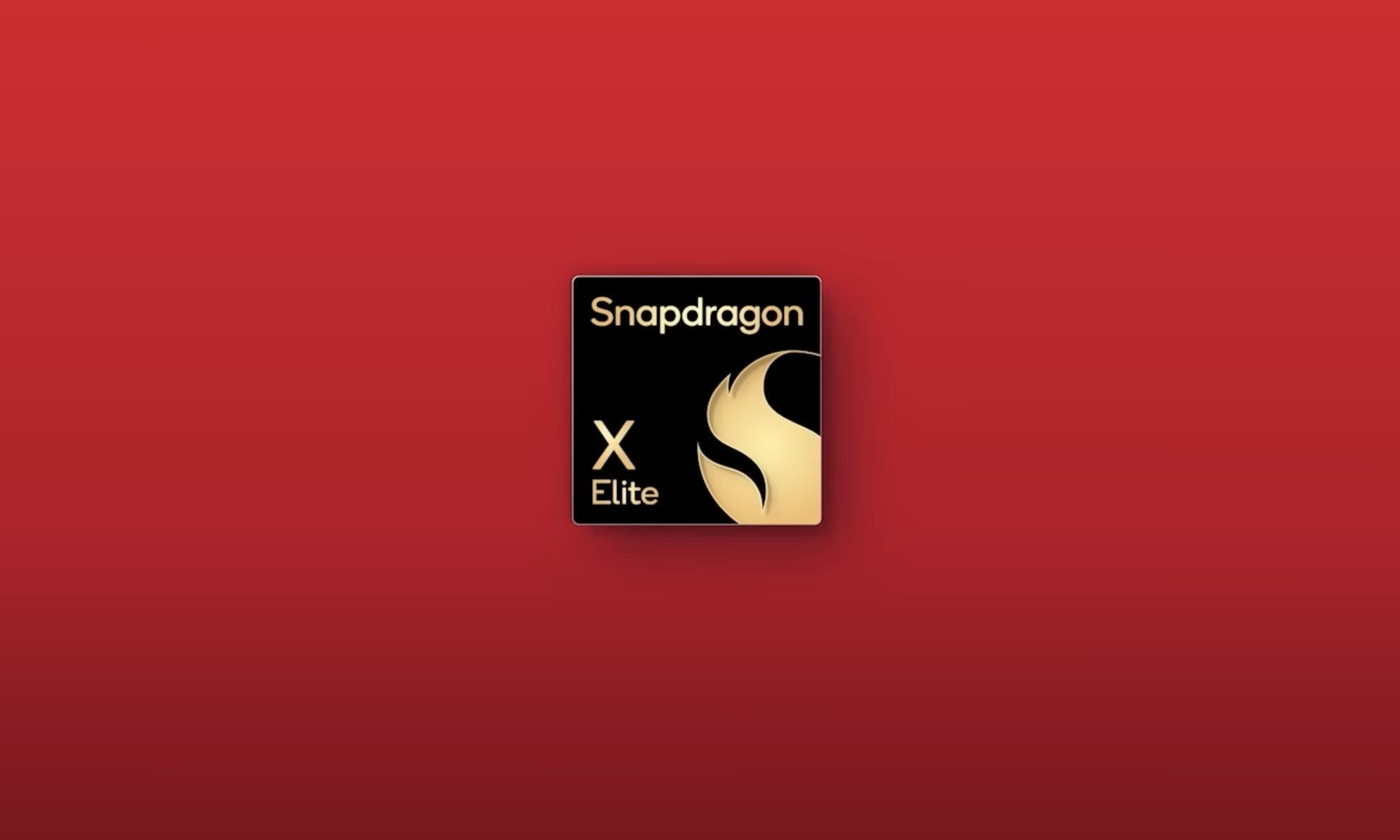Qualcomm's claims of superiority for its Snapdragon X Elite over Apple's M3 are vindicated in a recent benchmark comparison, but the victory is nuanced. Find out the details here.
Comparative Analysis: Snapdragon X Elite Performance on Samsung's Galaxy Book 4 Edge Versus M3 MacBook Air
Samsung's Galaxy Book 4 Edge with the Snapdragon X Elite was recently benchmarked using Geekbench 6, according to the Wccftech report's earlier specifications. This Windows notebook will have a portable 14-inch display. Still, it may come at a high price to match that new SoC.
The Galaxy Book 4 Edge produces respectable single-core and multi-core results, but how does it compare to the recently released 15-inch M3 Macbook Air? Geekbench 6 reveals that the Snapdragon X Elite is 16 percent faster than the M3 in multi-threaded workloads but falls behind the latter in single-core runs.
Even though Qualcomm's upcoming flagship SoC is faster than the M3 according to the most recent comparison, the figure is slightly lower than the San Diego company claims. However, remember that the Snapdragon X Elite was previously tested at two power limits, 23W, and 80W, so that the SoC may achieve a higher single-core and multi-core score with a higher power draw. Still, at the expense of heat and rising temperatures, not to mention battery life if the Galaxy Book 4 Edge is used without being plugged in.
Understanding Core Configurations and Cooling Dynamics in Snapdragon X Elite vs. M3 Performance
The M3 can achieve these results with only four performance and power-efficiency cores. In contrast, the Snapdragon X Elite requires a 12-core configuration to outperform its newest rival in the ARM notebook space.
A fair comparison would be between the Snapdragon X Elite and the M3 Pro, but the more capable Apple Silicon will likely achieve a higher multi-core score. There is one detail to remember for those who claim that the 15-inch M3 MacBook Air has a fan-less cooling system, potentially giving the Galaxy Book 4 Edge an advantage.
Geekbench 6 is not a long-term, sustained performance benchmark, and its single and multi-core runs are only a few seconds long. Running this program may not provide a clearer picture. Still, it will give some information about the chipset's capabilities, regardless of whether a fan-less or active cooling solution is installed.
Wccftech has already reported that without an active cooling fan, the M3 running Apple's latest MacBook Air models can reach a peak CPU temperature of 114 degrees Celsius when running a benchmark for an extended period, so the Galaxy Book 4 Edge may achieve better thermal performance.



 SpaceX Prioritizes Moon Mission Before Mars as Starship Development Accelerates
SpaceX Prioritizes Moon Mission Before Mars as Starship Development Accelerates  OpenAI Expands Enterprise AI Strategy With Major Hiring Push Ahead of New Business Offering
OpenAI Expands Enterprise AI Strategy With Major Hiring Push Ahead of New Business Offering  Elon Musk’s SpaceX Acquires xAI in Historic Deal Uniting Space and Artificial Intelligence
Elon Musk’s SpaceX Acquires xAI in Historic Deal Uniting Space and Artificial Intelligence  Nvidia CEO Jensen Huang Says AI Investment Boom Is Just Beginning as NVDA Shares Surge
Nvidia CEO Jensen Huang Says AI Investment Boom Is Just Beginning as NVDA Shares Surge  Instagram Outage Disrupts Thousands of U.S. Users
Instagram Outage Disrupts Thousands of U.S. Users  SpaceX Pushes for Early Stock Index Inclusion Ahead of Potential Record-Breaking IPO
SpaceX Pushes for Early Stock Index Inclusion Ahead of Potential Record-Breaking IPO  Google Cloud and Liberty Global Forge Strategic AI Partnership to Transform European Telecom Services
Google Cloud and Liberty Global Forge Strategic AI Partnership to Transform European Telecom Services  Amazon Stock Rebounds After Earnings as $200B Capex Plan Sparks AI Spending Debate
Amazon Stock Rebounds After Earnings as $200B Capex Plan Sparks AI Spending Debate  AMD Shares Slide Despite Earnings Beat as Cautious Revenue Outlook Weighs on Stock
AMD Shares Slide Despite Earnings Beat as Cautious Revenue Outlook Weighs on Stock  Nintendo Shares Slide After Earnings Miss Raises Switch 2 Margin Concerns
Nintendo Shares Slide After Earnings Miss Raises Switch 2 Margin Concerns  SpaceX Updates Starlink Privacy Policy to Allow AI Training as xAI Merger Talks and IPO Loom
SpaceX Updates Starlink Privacy Policy to Allow AI Training as xAI Merger Talks and IPO Loom  Nvidia Confirms Major OpenAI Investment Amid AI Funding Race
Nvidia Confirms Major OpenAI Investment Amid AI Funding Race  Nvidia, ByteDance, and the U.S.-China AI Chip Standoff Over H200 Exports
Nvidia, ByteDance, and the U.S.-China AI Chip Standoff Over H200 Exports  Palantir Stock Jumps After Strong Q4 Earnings Beat and Upbeat 2026 Revenue Forecast
Palantir Stock Jumps After Strong Q4 Earnings Beat and Upbeat 2026 Revenue Forecast  TSMC Eyes 3nm Chip Production in Japan with $17 Billion Kumamoto Investment
TSMC Eyes 3nm Chip Production in Japan with $17 Billion Kumamoto Investment 





























